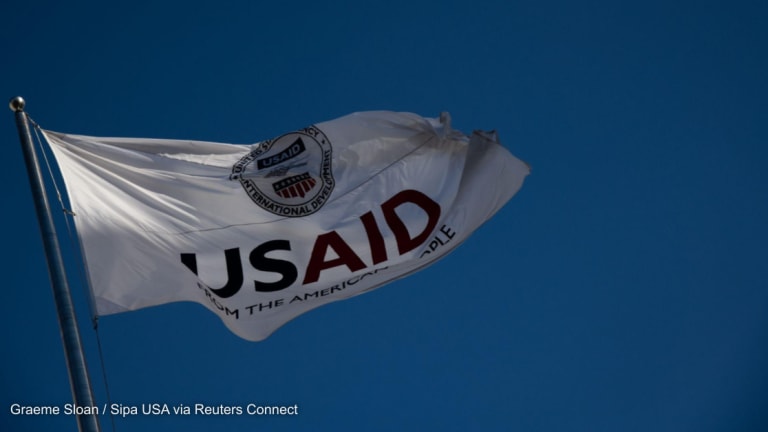
The aid community is making a mistake with Pakistan when it views the country as a failing state that can be dealt with the same way as a small African or Latin American developing nation, according to a Pakistani civil society leader.
“Pakistan […] is a functioning state. The concept that it’s a failing state is not as true as people think it is,” said Harris Khalique, team leader for the DAI-AAWAZ Voice and Accountability program.
Khalique told Devex on the sidelines of the SID-Washington World Congress in Washington, D.C. that his country therefore cannot be dealt with by the aid community like a small African or Latin American nation “in terms of pulling strings and having [a] special rapporteur of the U.N. sitting with the prime minister and telling him what to do.”
The “sheer size” of Pakistan, he added, makes it impossible for the aid community to be responsible for the country’s development: “It’s the state has to [do] that.”
Khalique, a famous intellectual known for his advocacy in favor of minority groups, also clarified that while foreign aid groups are influential because they agree to work in areas where local funds are not allocated, it is a “misconception” that ODA accounts for most of Pakistan’s development budget. “Largely it is local money,” he said.
In addition, he explained, donor countries have different strategies on funding: Big donors like USAID or DfID prefer investing in “tangible” projects like infrastructure, while smaller donors such as Norway or Switzerland prefer to spend on promoting democracy and good governance, where results are not immediately visible, but is very helpful as local donors are not keen to support these programs.
Khalique is team leader for DfID-funded DAI-AAWAZ, a program that “creates demand” for local civil society groups to voice their concerns and hold the government accountable, with a special focus on women and excluded groups. The programs hopes to support creating an agenda for 9 million people over the next four years.
Read more development aid news online, and subscribe to The Development Newswire to receive top international development headlines from the world’s leading donors, news sources and opinion leaders — emailed to you FREE every business day.




